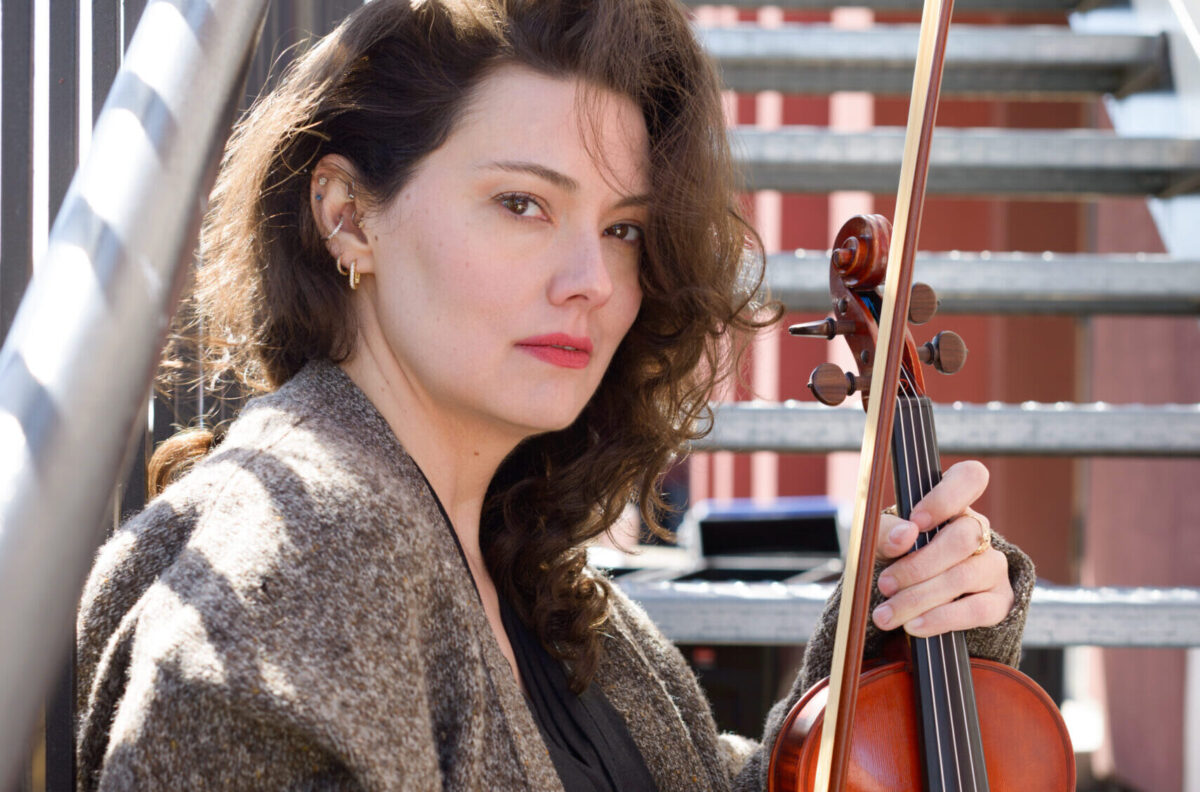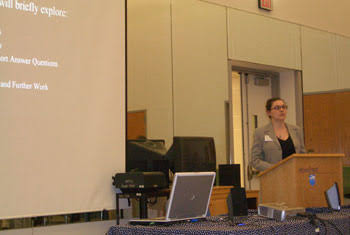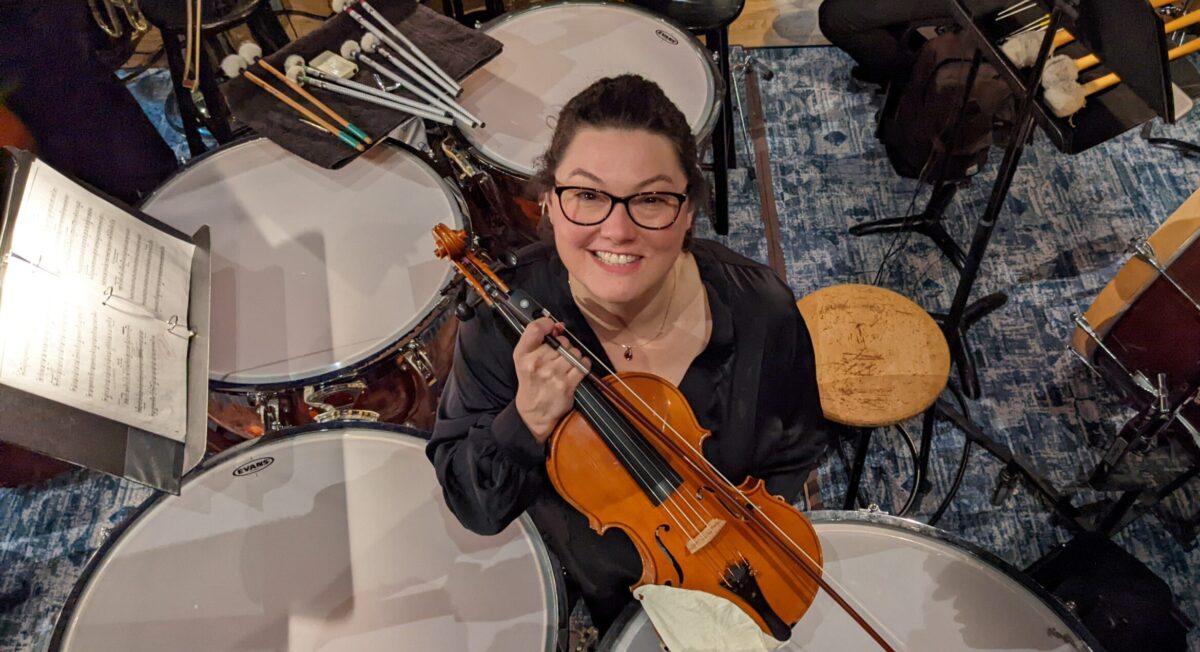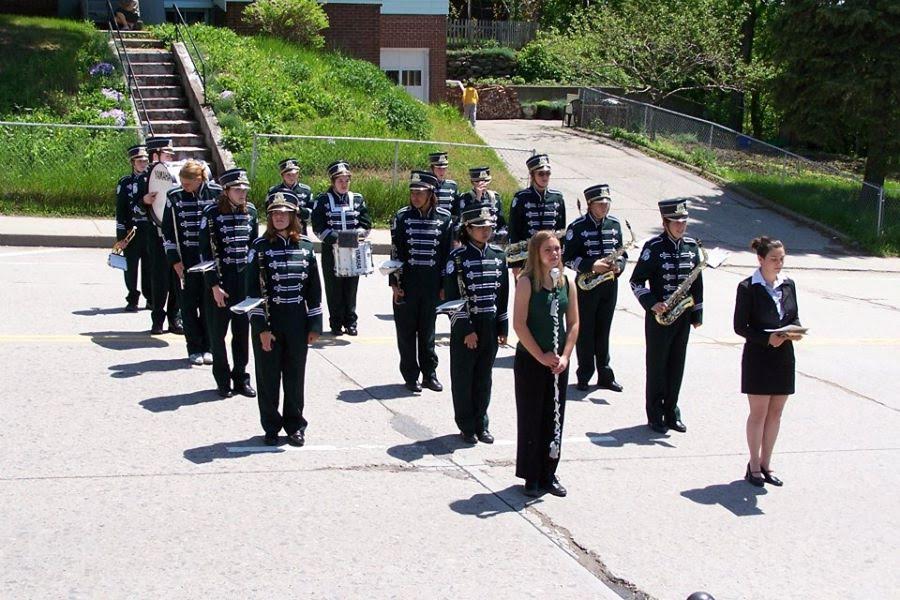How To Leave Home
I have chosen to model this poem after the poem Facts by Philip Levine (in What Work Is). The poem attempts to employ a casual, narrative tone, exploring one large narrative by creating smaller narratives within each stanza. I have made every attempt to adhere to the spirit and style of Levine’s work. I definitely felt the challenge in my learning this week as I stretched these muscles!
How To Leave Home
july 19, 2020
The ferry from New York to Vermont rocked on the
lake, not yet frozen solid. Every fifteen minutes, at
all hours of the day, boats departed. On the ferry,
our cars swayed, and we swayed inside.
If you’re careful, you can actually transport a
table, and all four chairs, more than one hundred miles,
tied to the top of a 1986 Oldsmobile Cutlass Cruiser
station wagon — just in case you ever need to.
I didn’t plan to leave Plattsburgh, in the beginning.
Sure, some people did, but most people I knew stayed.
They stayed and complained about their dead-end jobs,
egotistical bosses, abusive husbands or nagging wives.
John Dewey, renowned philosopher, attended the University of
Vermont. A student there insisted to me that Dewey wrote his
great works in one of the residence halls. I was on my way to my
admissions audition; the student was probably high.
An Oldsmobile Cutlass cruiser is a moderately reliable vehicle, and
people from Plattsburgh routinely drive fourteen-year-old cars.
Monthly payments for new cars are too costly, but the repairs for
old cars can be put on credit and paid, over time.
My boyfriend’s brother was ashamed to be seen riding in my
fourteen-year-old Olds, when he visited Plattsburgh from
Queens. If he had worked for the privileges in his
young life, he would have felt differently.
I don’t blame the student for being high, especially with a
dull job as the student librarian. He may have been bored, or
fighting anxiety, for the library is filled with intimidating
intellects such as myself, unafraid to speak our minds.
There is a lie in the previous stanza. Yes, I’m
smart, but not intimidating. Frequently, I face my own
ignorance and despite my best efforts, I’m still stunned by the
increasing gap between myself and that which I don’t yet know.
I was the most ignorant when I lived in Plattsburgh.
Mediocrity was not questioned, and chaos was normal.
I looked for escape in second-hand encyclopedias and
piles of library books, growing a world in my mind.
The upstanding citizens, professors and business leaders,
praised my curiosity, but chided my ambition. They didn’t
understand my need to be a part of a bigger world.
Each was satisfied to be the big fish in a shrinking pond.
I will never return to Plattsburgh, or Burlington, not to
watch the leaves dance on autumn trees, nor to
pay homage to family or tradition. I know that I
don’t belong, and I don’t have the heart to face it.





